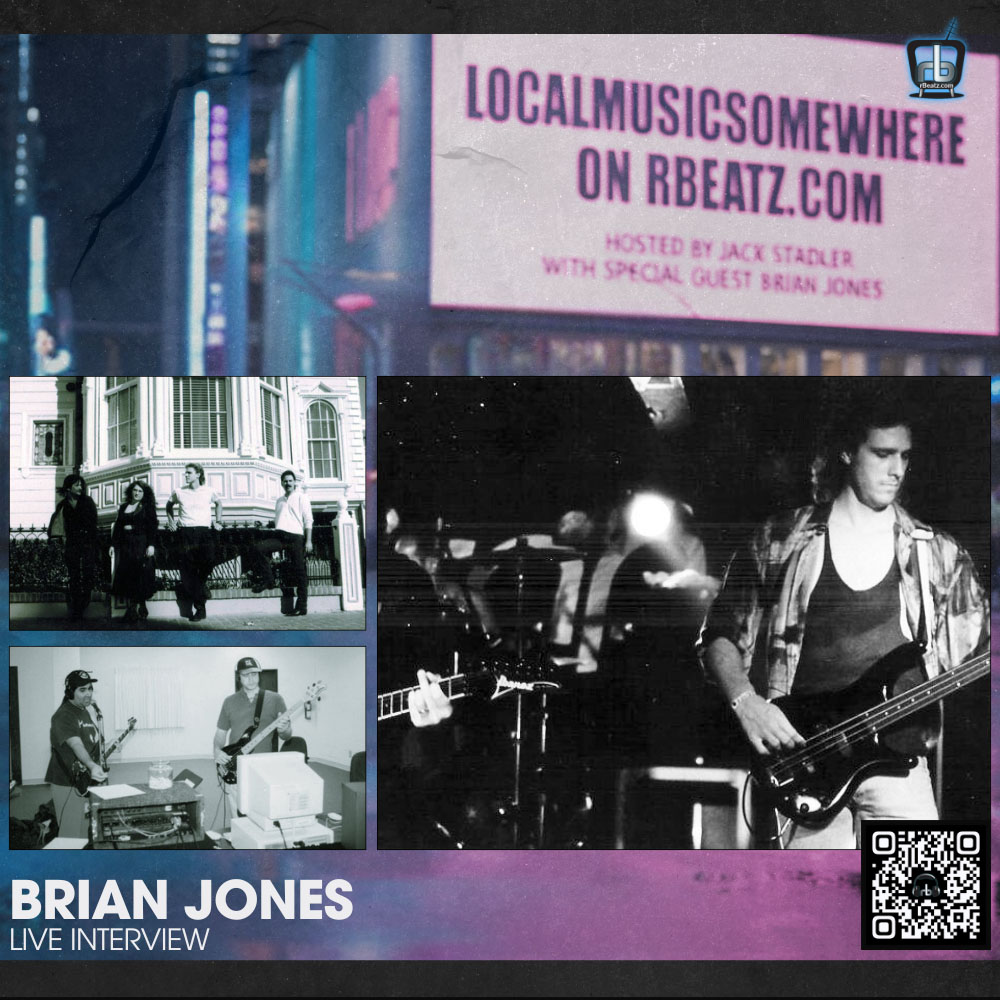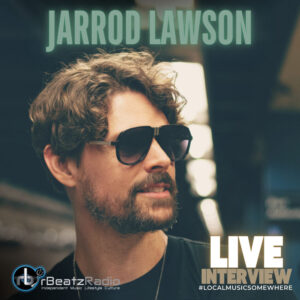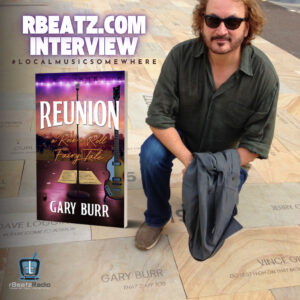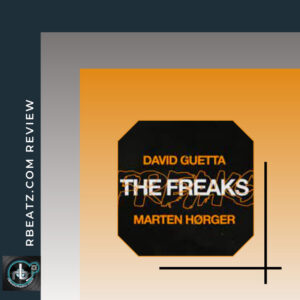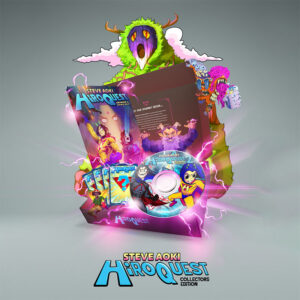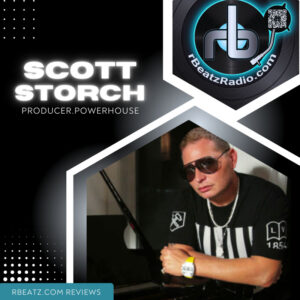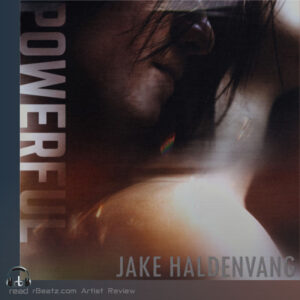A Bassist’s Legacy from the Sunset Strip to Charlotte
Live with Brian Jones, bassist and storyteller, as he joins us on Local Music Somewhere!
From playing L.A.’s iconic Sunset Strip clubs to sharing the stage with legends like Cheap Trick and ELO Part II, Brian reflects on how music has evolved through the decades. We’ll talk about the golden age of bands, how the digital world reshaped musicianship, and what AI means for creativity today.
Brian Jones: From Sunset Strip to Charlotte – A Bassist’s Timeless Journey Through Music
About Me – Brian Jones
I started playing bass around 1987, after years of being a huge fan of The Beatles and ELO. Their melodies and arrangements had always fascinated me, but it was The Police and Rush that truly inspired me to pick up a bass and start playing seriously. Their inventive, melodic approach to rhythm completely changed how I heard music.
Early on, I became addicted to Sting’s mellow fretless tone — that smooth, expressive sound just grabbed me. Before I could even play a note, I pulled the frets off of my first bass filled the groves and started from there. It was a bold move, but it shaped my sound and style right from the beginning. I played fretless exclusively for about 15 years, chasing that warm, vocal tone and the expressive phrasing that only a fretless can deliver.
My early years as a musician came during a very different time — the era of demo tapes, multi-track tape recordings, self-promotion, and the all-important band flyers on record store windows and telephone poles. It was a hands-on world where musicians built their audience through live shows, word of mouth, and long nights stapling posters around town. Very different from today’s digital platforms and AI-generated music — but it gave me a deep appreciation for the craft, community, and determination that music requires.
By the early ’90s, I began performing up and down the Sunset Strip with a band called StNic, later called Tightrope. We were a very Beatles-oriented rock band — rich harmonies, strong melodies, and a deep love for classic songwriting. Hair metal was still alive but starting to fade, and there was a real sense of transition in the L.A. scene as new sounds began to take hold with grunge right around the corner and about to take over.
We played many of the legendary clubs of the era — Madam Wong’s West, The Central (which later became The Viper Room), Coconut Teaser, Club 8121, and Raji’s. These were the same venues where many of the bands that would soon break big were performing regularly. It was an exciting, creative time to be part of the Los Angeles music community. We even appeared on a local cable TV show that featured area bands, which was a blast and gave us some early exposure beyond the clubs.
By the mid-’90s, I met guitarist and songwriter, Jeff Castanon, who was forming a new project. I was immediately impressed by his musicianship and vision. We bonded over our shared love for a then-new band called Jellyfish, whose sound completely blew us away. Together with drummer Chuck Carlson, a friend of Jeff’s, we formed Mummer. Not long after, we added a remarkably talented young guitarist and keyboardist, Chris Potter, and the band really came to life. Mummer’s line up changed towards the end, but none the less, we had amazing musicians in this band.
Mummer became one of the most rewarding musical experiences of my life. We quickly began opening for major acts including The Plimsouls, Cheap Trick, ELO Part II (minus Jeff Lynne), and Dave Wakeling of The English Beat. We also received great reviews in the local music papers, and one of our biggest highlights was being featured in an article alongside Toad the Wet Sprocket, Big Bad Voodoo Daddy, ELO, and others — with Mummer being the only unsigned band included in the piece. It was a proud moment and a real validation of what we were creating together.
We were later invited to open for Fastball, who had their hit “The Way” on the radio at the time, but unfortunately Mummer disbanded before we could commit to the opportunity. It was a tough but valuable lesson about the importance of treating a band like a business. Still, that time was unforgettable — and we even had the chance to meet The Tubes through our booking agent during those discussions.
Eventually, I relocated to Charlotte, North Carolina, where I connected with local folk singer-songwriter Josh Burch. We performed around the Charlotte area, including The Charlotte Popfest, where we opened for The Smithereens. Together, we recorded an album under the name Turnbuckle Jones, which is available on Spotify.
Later, I teamed up with my neighbor Michael Tracy, who was reigniting his music career. I contributed with song arrangements and we recorded his first demo in Monroe, NC. Michael went on to do really well, and he’s still going strong today.
From the Sunset Strip to Charlotte, it’s been an incredible journey — full of great music, great people, and lifelong lessons. Though I’m no longer active in music, the experiences, friendships, and memories from those years will always be some of the most meaningful parts of my life.
Bands –
Mummer, Turnbuckle Jones, Michael Tracy Band, Tight Rope, St Nic

